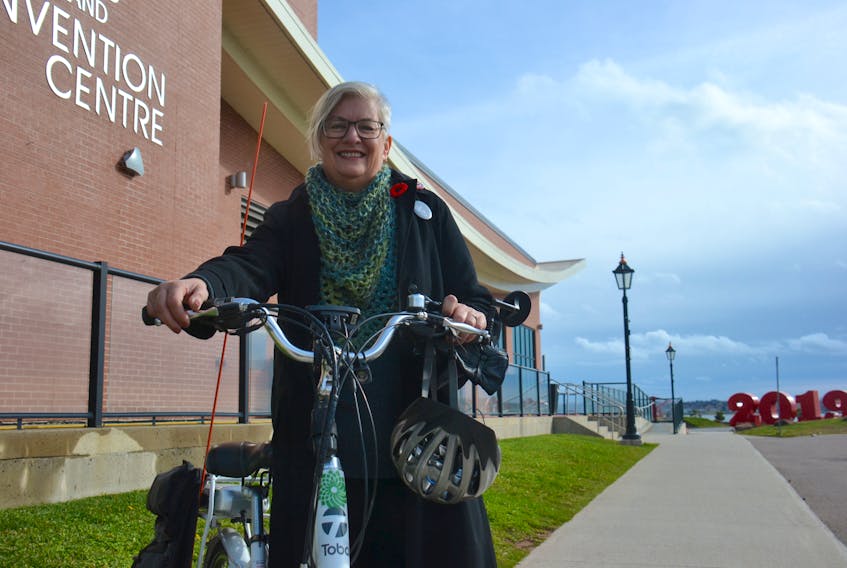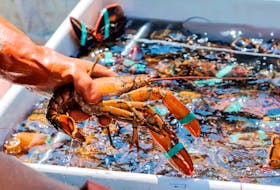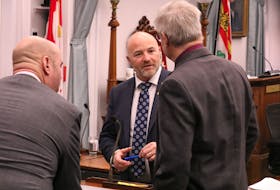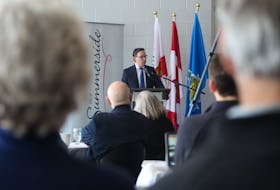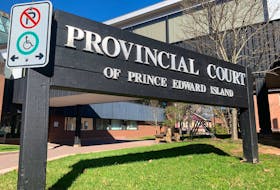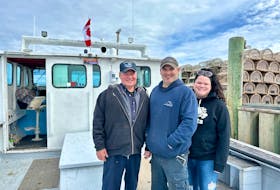Planning for the federal Green party’s 2020 convention in Charlottetown began long before Monday.
But after this week’s announcement that federal leader Elizabeth May would step down, the annual convention has quickly become a much bigger deal.
Darcie Lanthier, a member of the Greens’ federal council, said the decision to hold the national convention in Charlottetown was confirmed last February.
“We didn’t know at the time it would be a leadership convention,” Lanthier told The Guardian.
Lanthier, who also ran for the Greens in Charlottetown during the recent federal election, said the party’s conventions usually occur every two years.
The Charlottetown convention is slated to take place Oct. 3-4, 2020, at the Delta Hotels Prince Edward.

Jo-Ann Roberts, who was named the interim leader of the federal party on Monday, said the decision to hold the convention came after a bidding process.
"It was a competition between Winnipeg and Charlottetown," Roberts told The Guardian in a phone interview.
"This is to the credit of the Charlottetown convention group. They won that competition fair and square."
Roberts says she expects the Charlottetown convention will be the party’s biggest ever. The last convention of the federal party drew 500 members to Vancouver.
Roberts said the leadership selection will involve a one-member-one-vote, ranked ballot process. Voting will take place both on-site and online. Members will also have the option of a “no candidate” vote if they are dissatisfied with all leadership candidates.
The 2020 leadership convention will come at a unique time of strength for the Greens in the Maritimes. Green supporters in the region have elected three MLAs in New Brunswick and eight in P.E.I. along with the party’s first federal MP in New Brunswick, Jenica Atwin. Roberts, who hails from Kensington, P.E.I., is also based in Halifax.
The Maritime region rivals British Columbia, which has elected three Green MLAs provincially and two MPs federally, in terms of electoral success for the Greens.
The federal Green party's record in recent federal elections:
2019: 1,162,361 votes (6.5 per cent of total)
2015: 602,933 votes (3.4 per cent of total)
2011: 572,095 votes (3.9 per cent of total)
2008: 937,613 votes (6.8 per cent of total)
Source: Elections Canada
But Roberts stopped short of saying the party’s centre of power is shifting from the West Coast to the East.
"I wouldn't call it a shift because that would be unfair,” Roberts said.
"There's a great deal of growth in the Maritime provinces right now, and Greens will be building on that."
Lanthier said the support seen for provincial and federal candidates in East and West coastal regions of Canada is no accident.
"I think the effects of climate change are seen most readily on both the coasts,” Lanthier said.
“Where the ocean meets the land is where you're going to see the worst effects. So, I think it's only natural that Greens have more support on both coasts than they do in the centre of the country."
May’s resignation comes after a disappointing showing for the Greens during the federal election. At the beginning of the campaign, some pollsters had predicted the party could seize upon popular concern over runaway climate change and overtake the federal NDP. In the end, while the party increased its overall vote total by almost 550,000 compared to 2015, the party secured only three seats.
P.E.I. Green Leader Peter Bevan-Baker called the party’s recent showing a “moderate success".
But Bevan-Baker also said May deserves credit for giving the party a much bigger platform during her 13-year tenure as leader.
"Her legacy will be that she took the party from what you might call the fringes of Canadian politics and dragged it gently and lovingly to a place where it became much more comfortable for Canadians to consider voting Green," he said.

